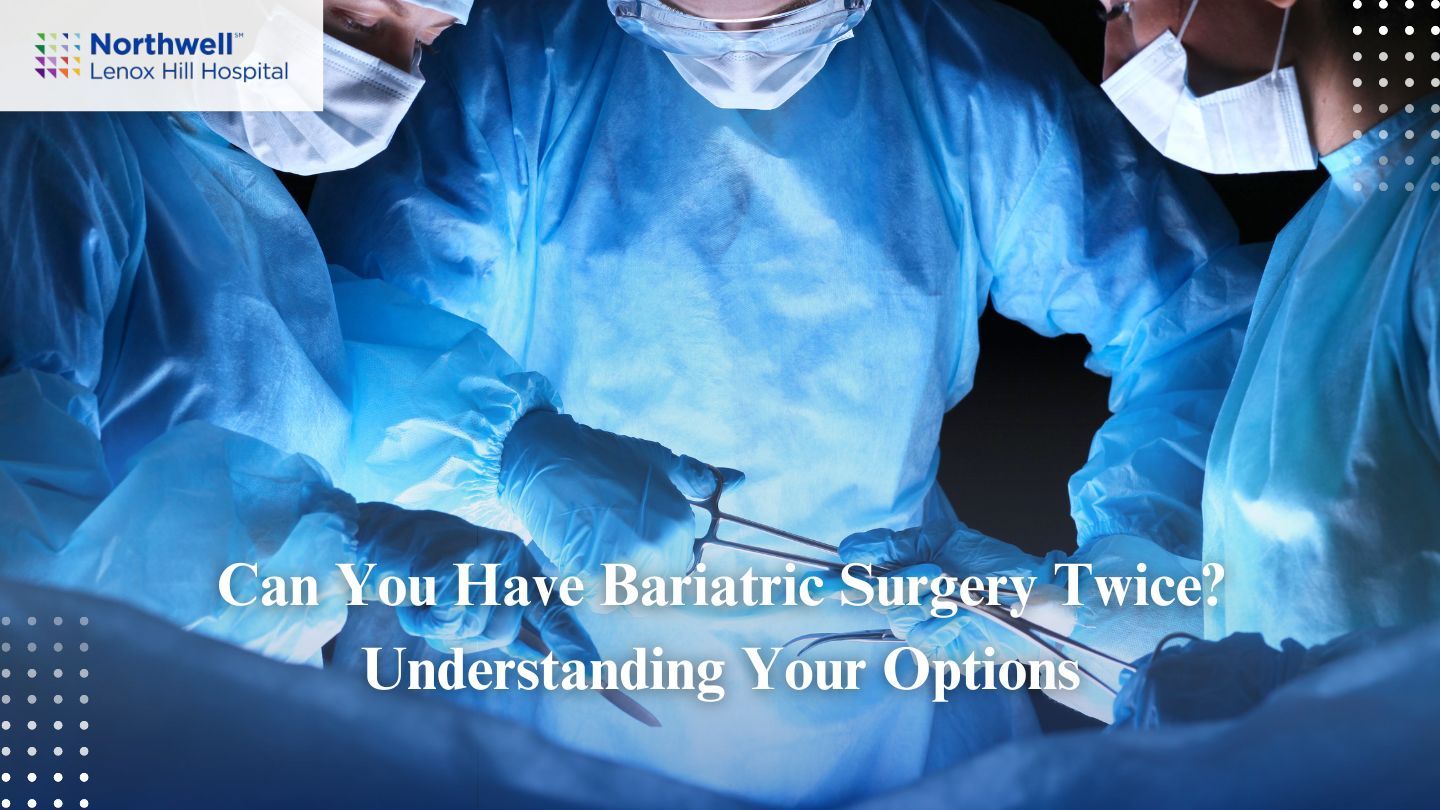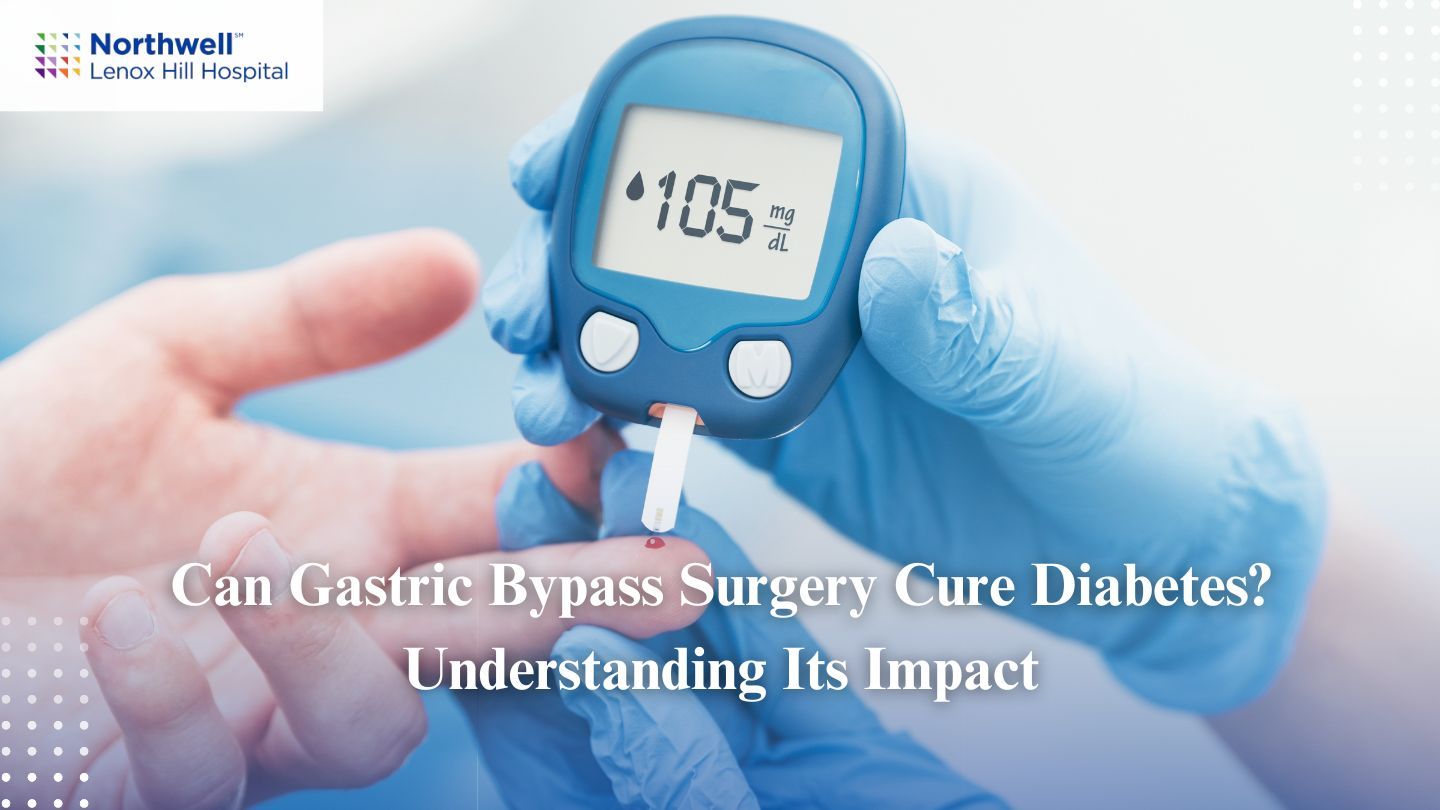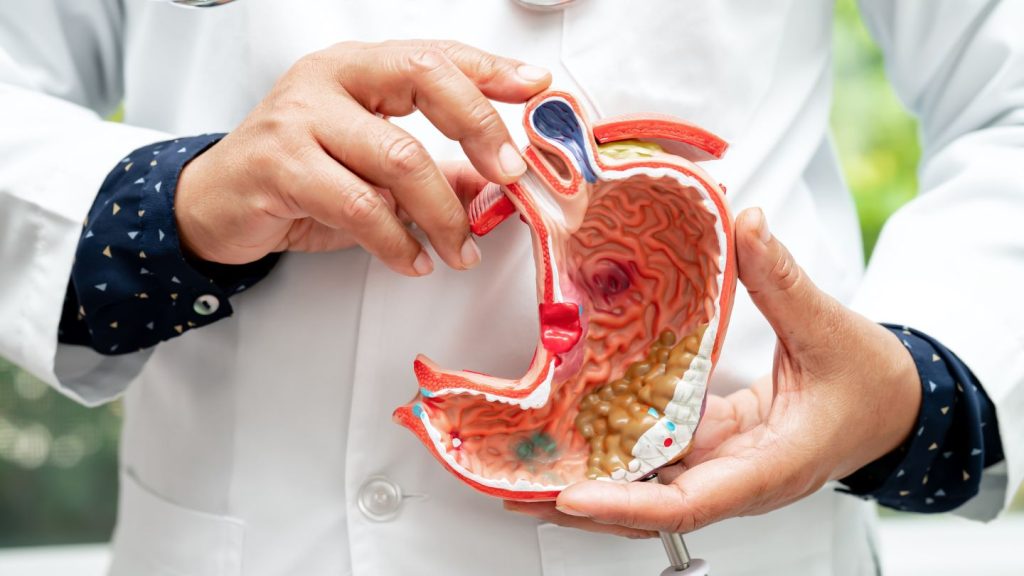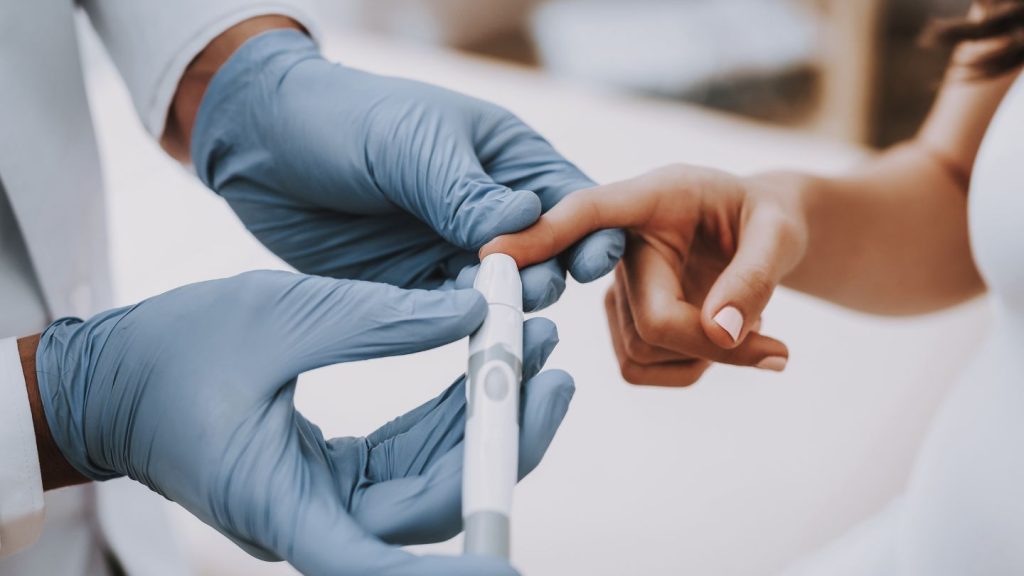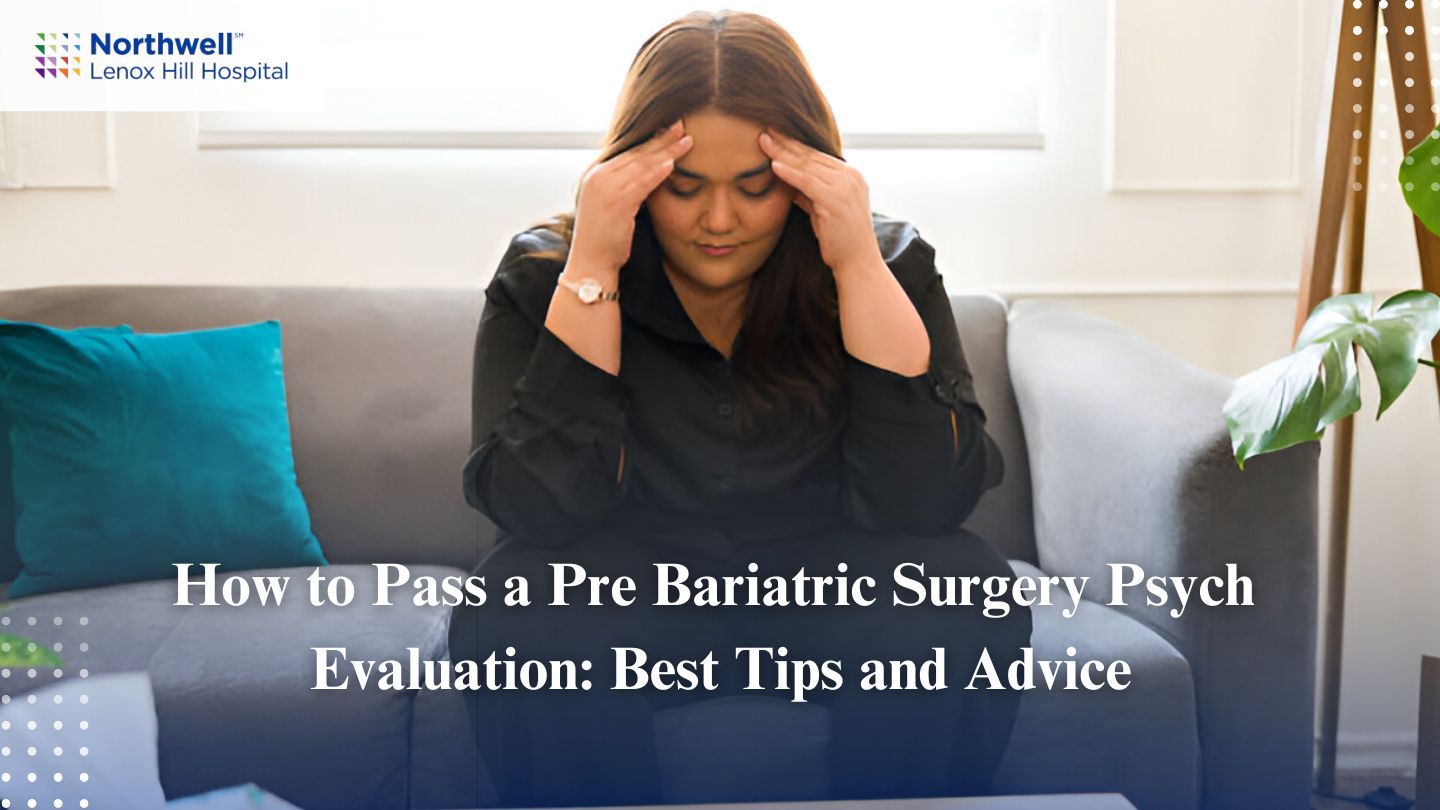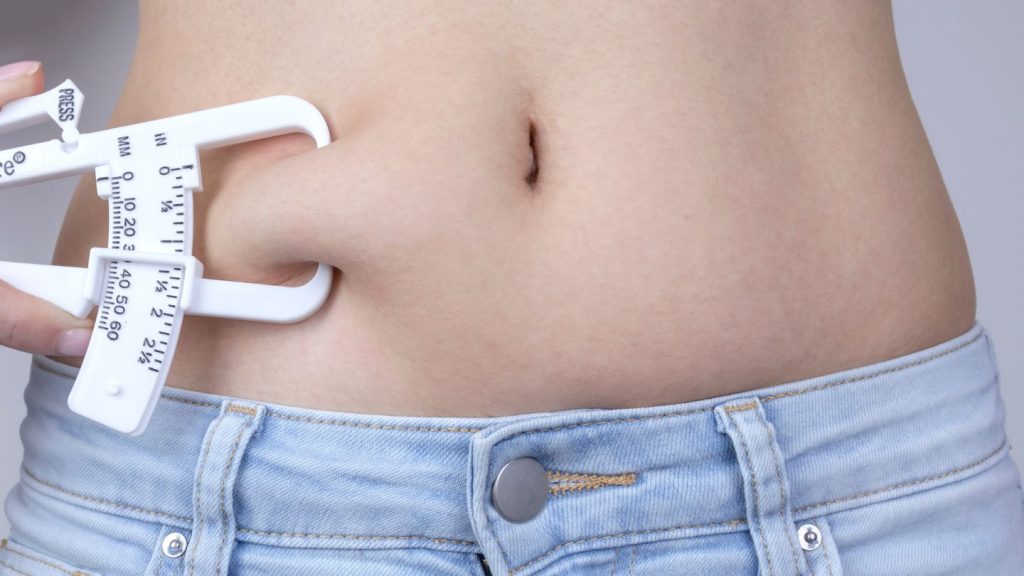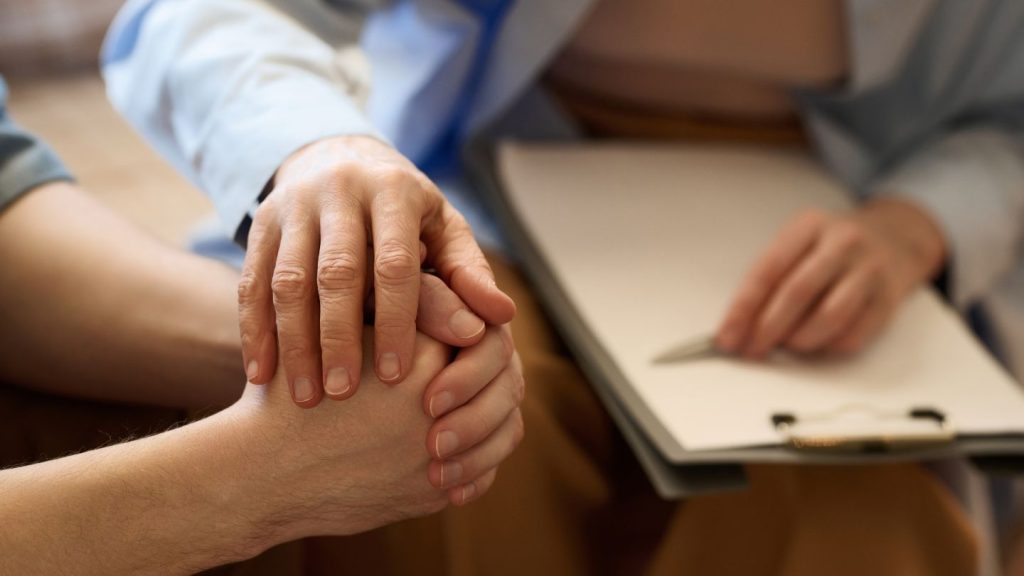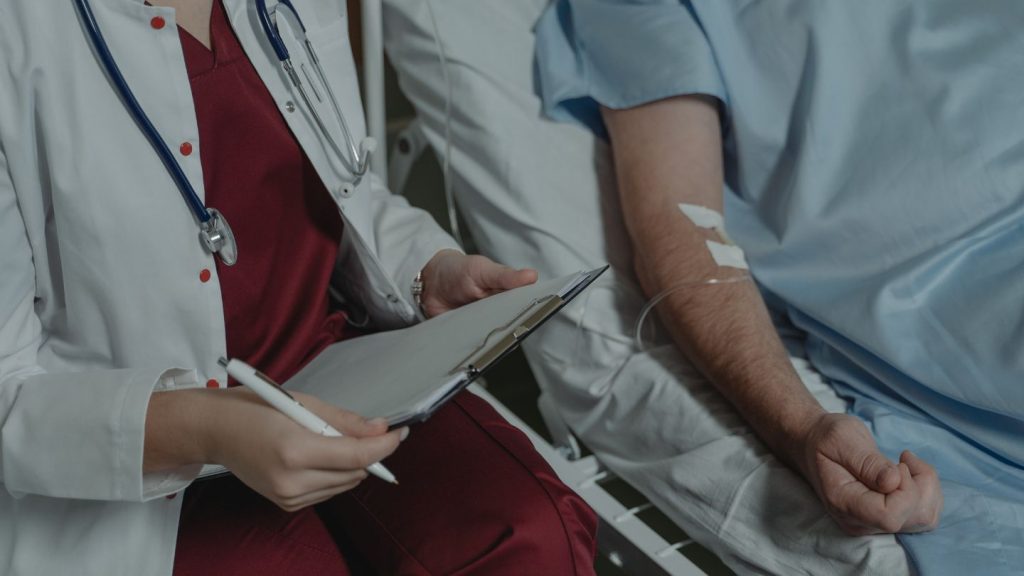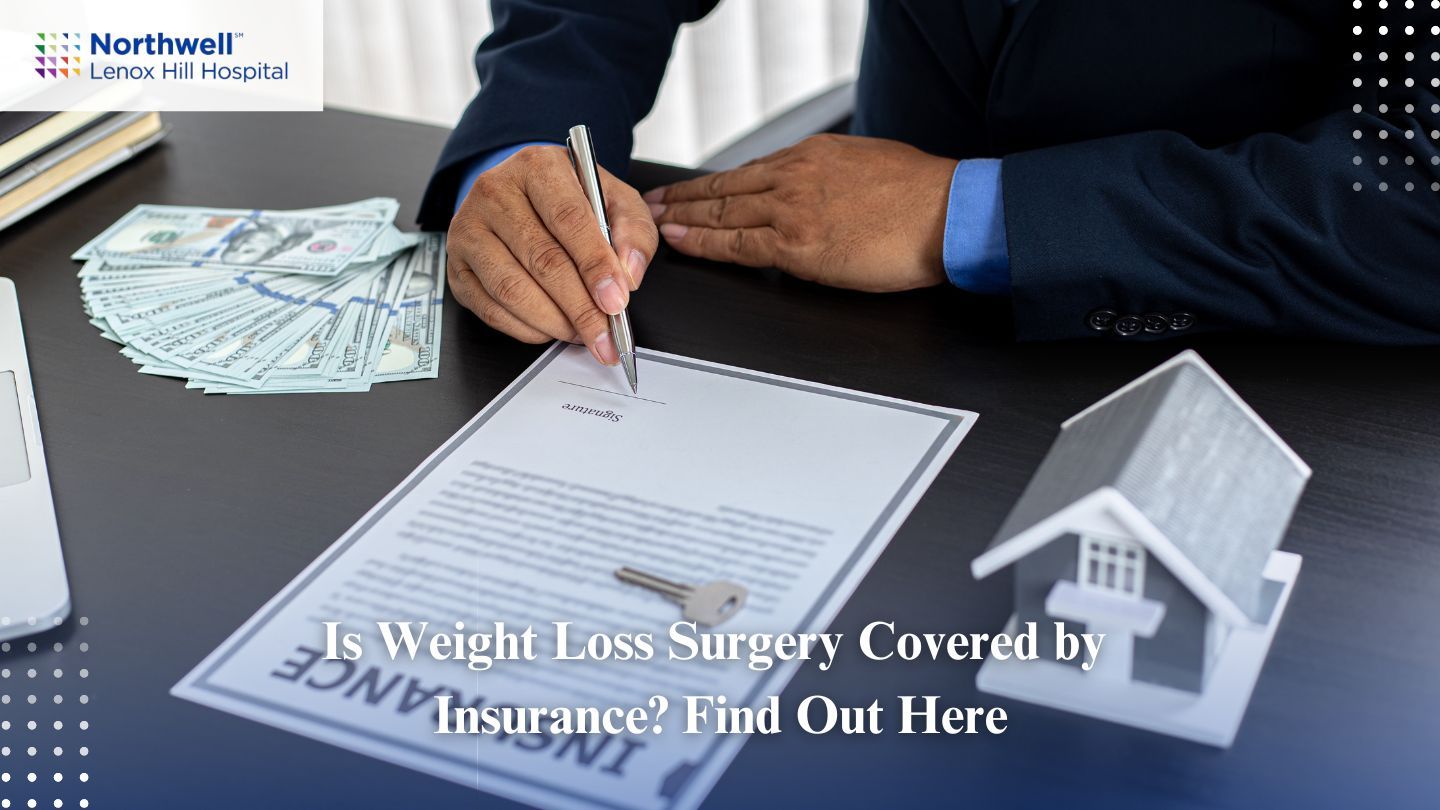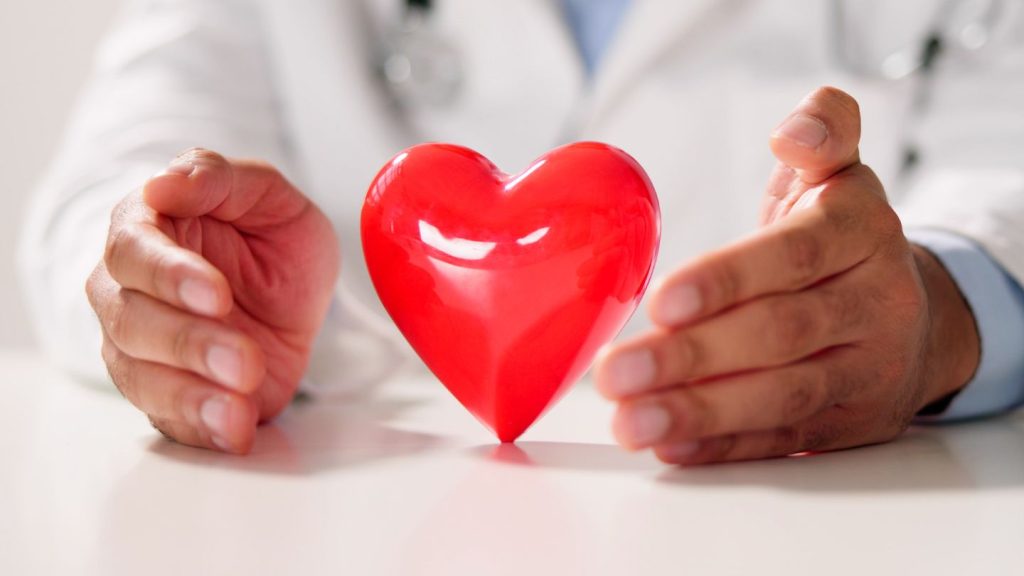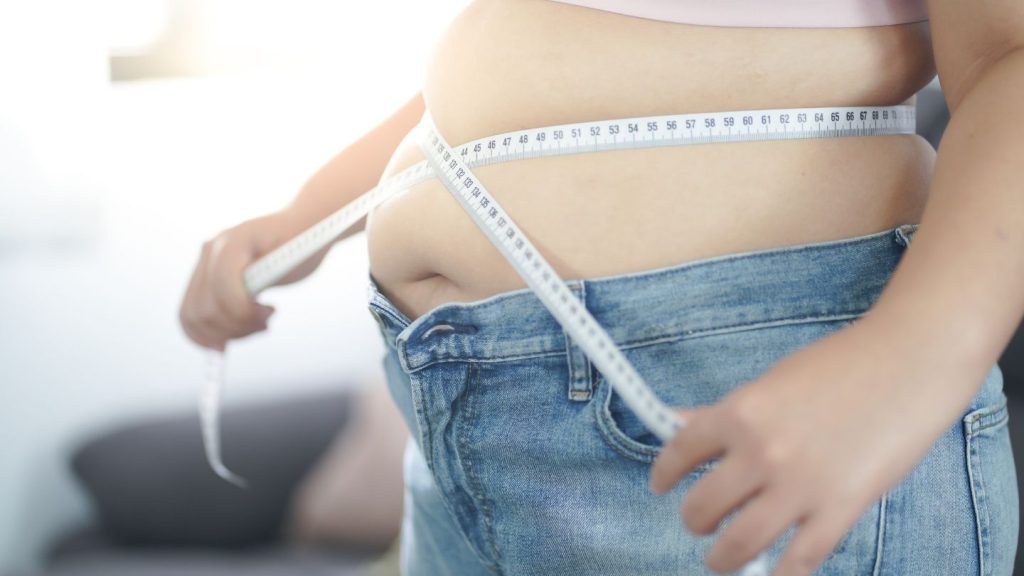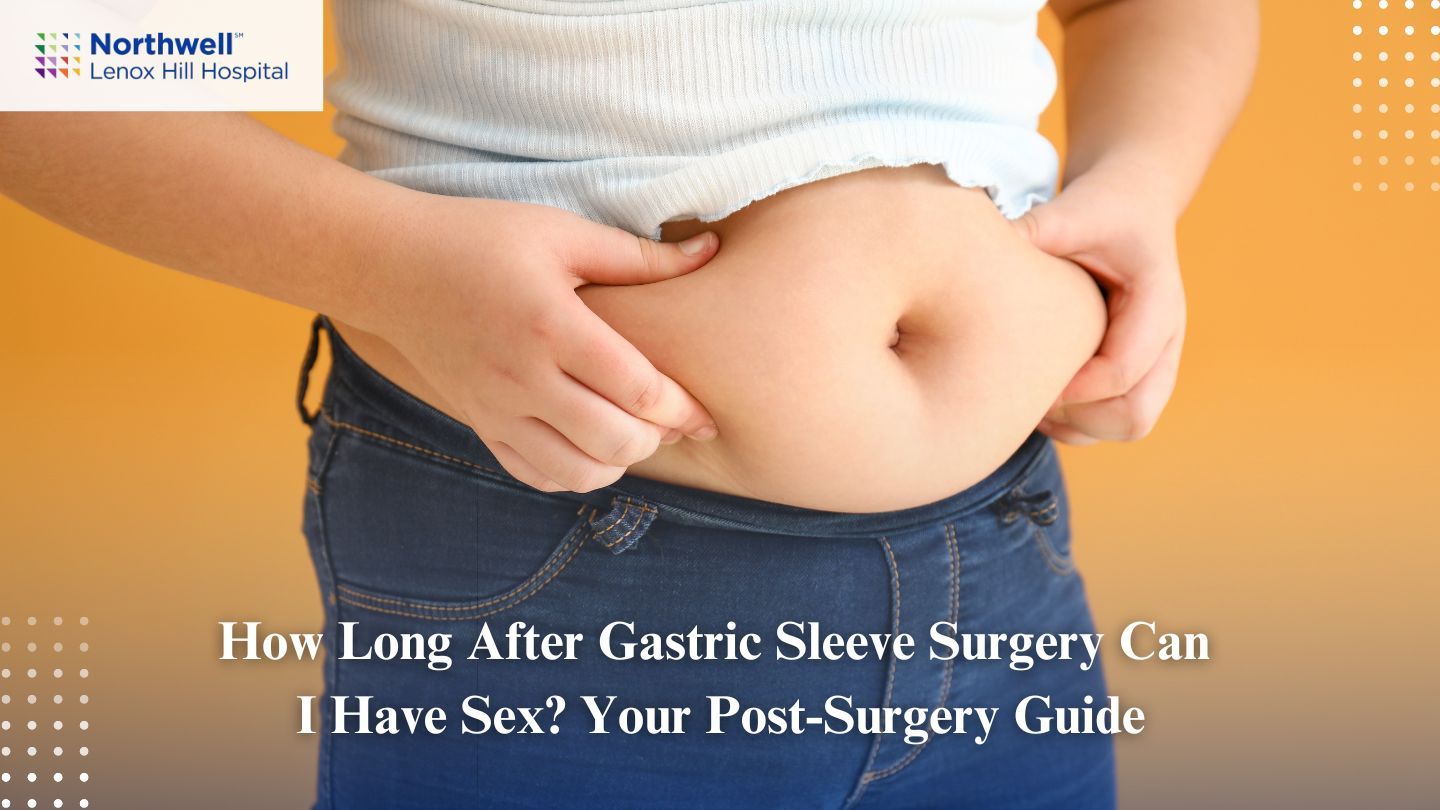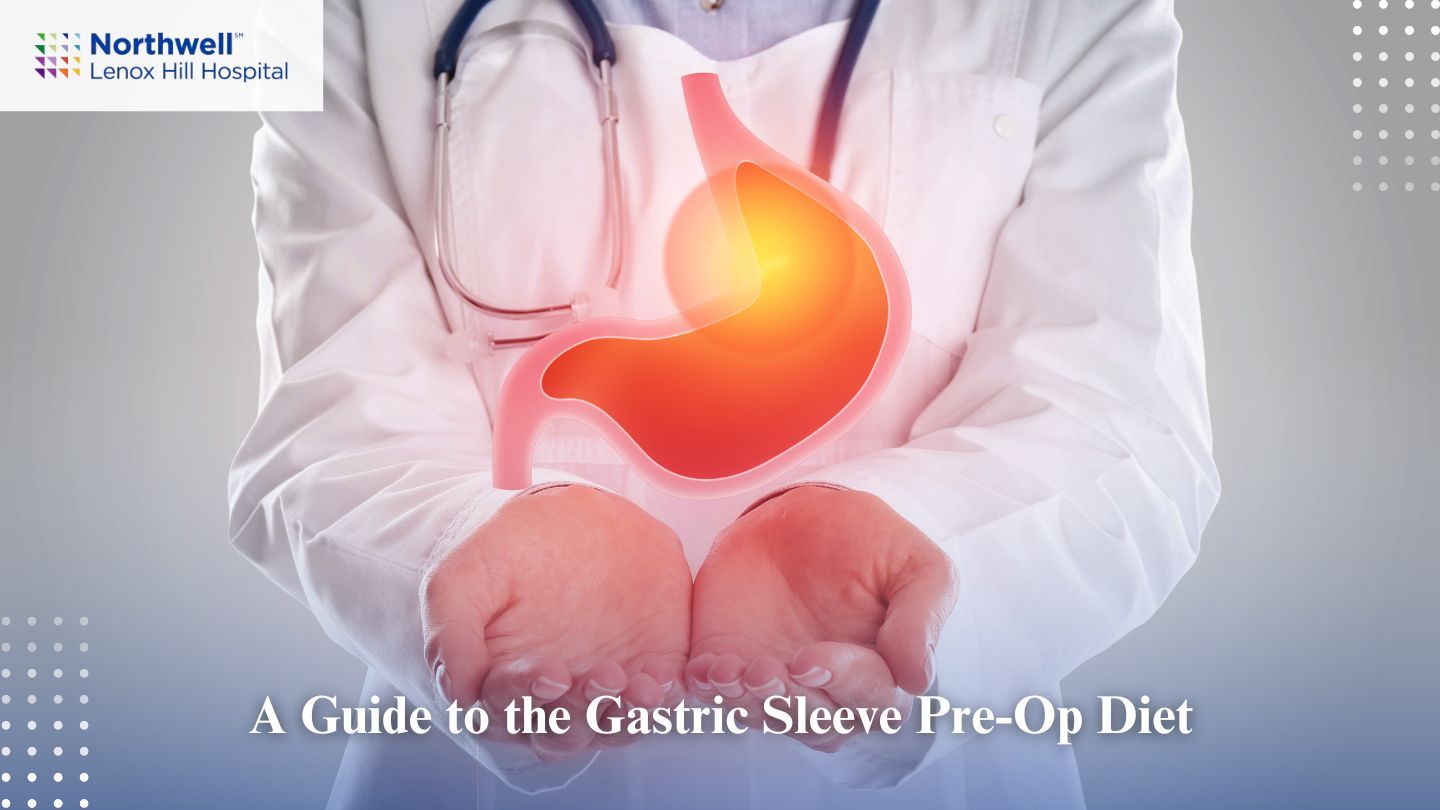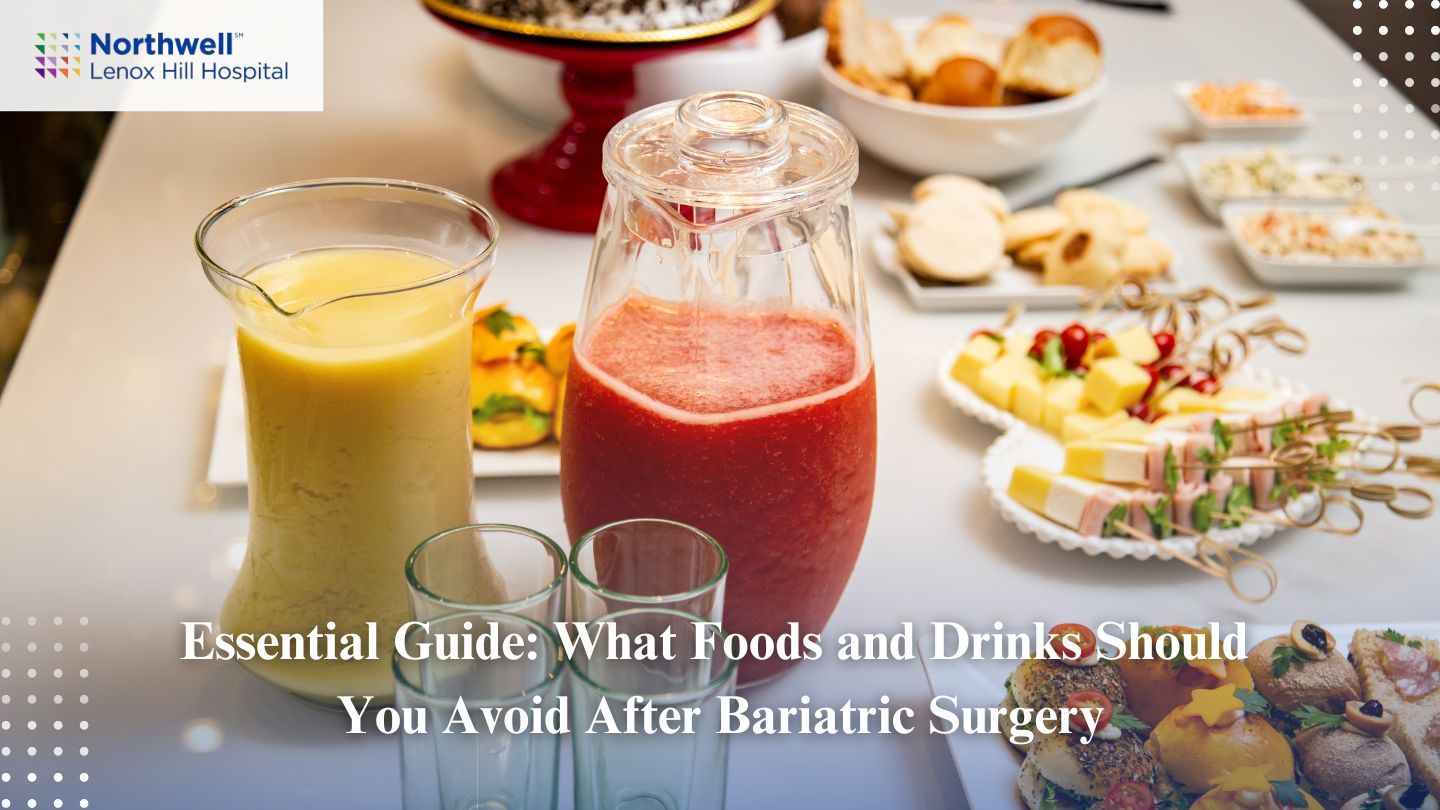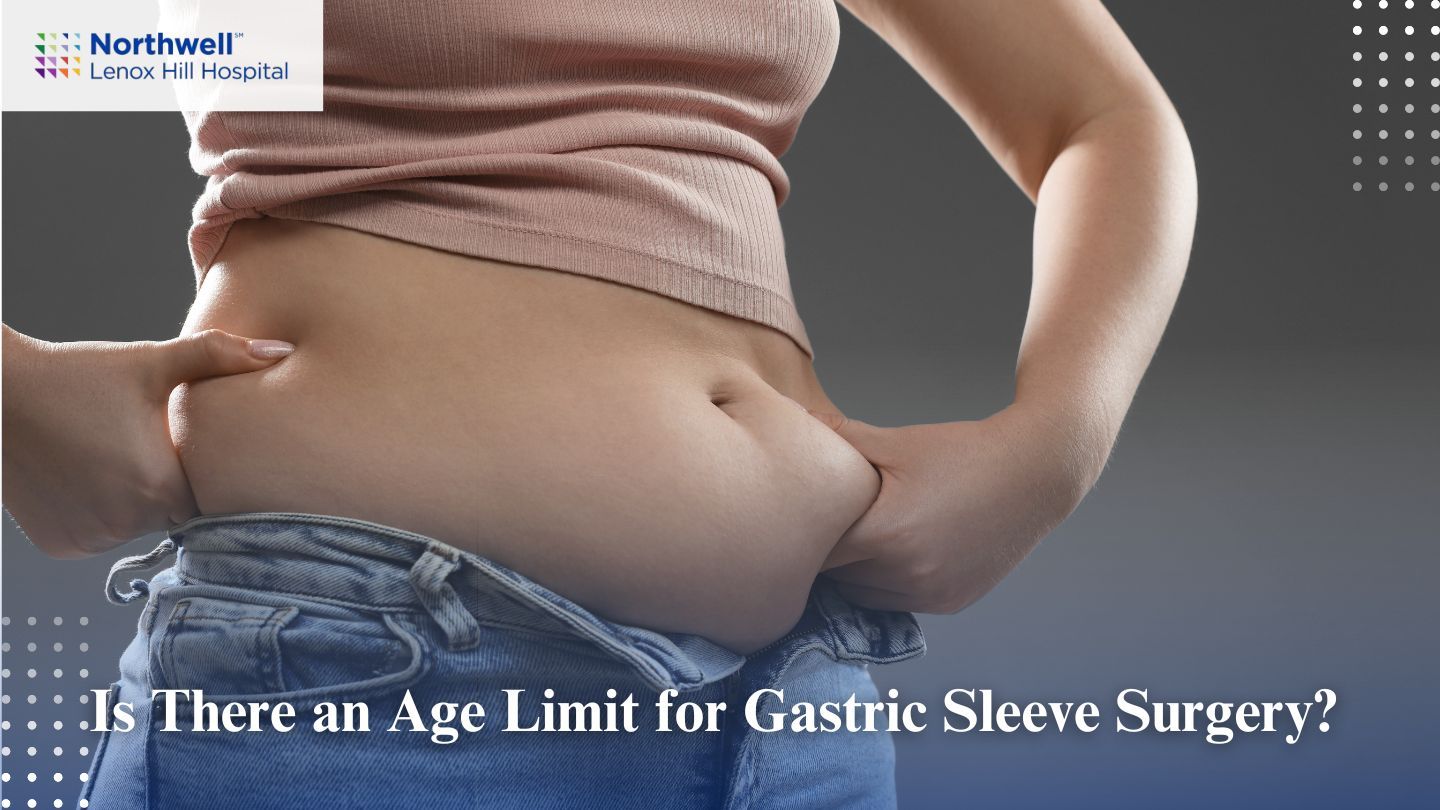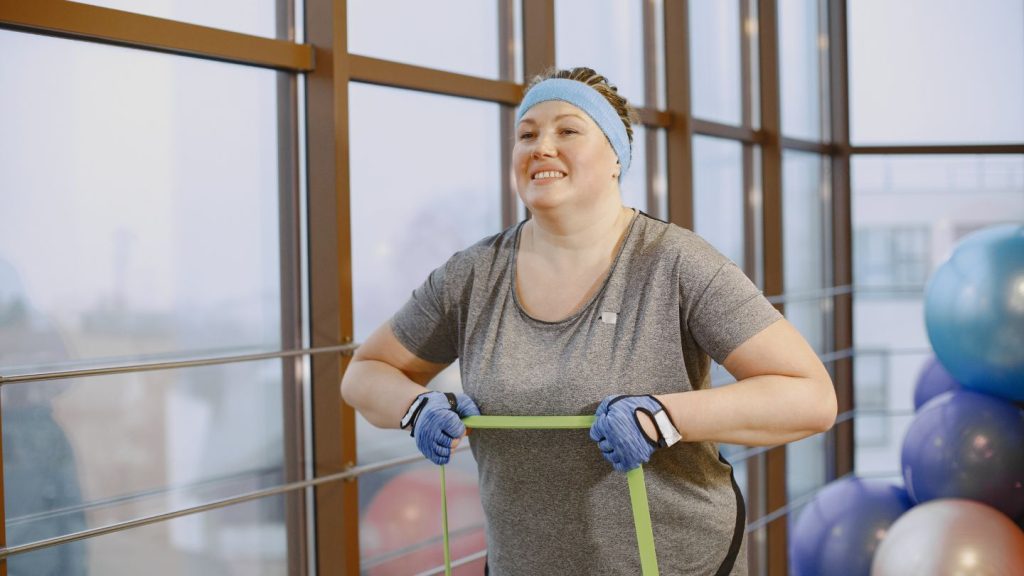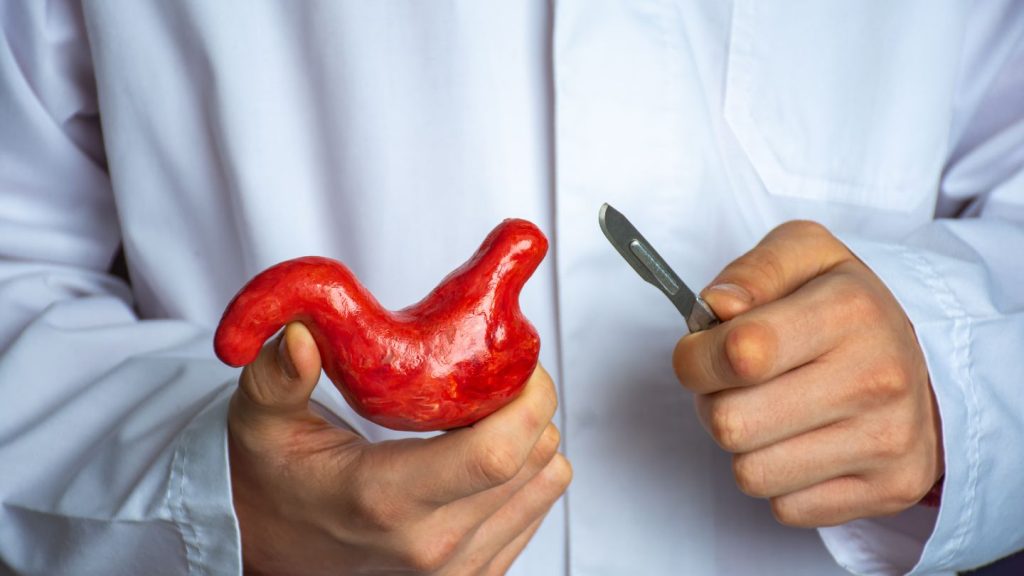Can You Have Bariatric Surgery Twice? Understanding Your Options
Bariatric surgery can be a life-changing tool for weight loss and improved health, but what happens if the initial procedure doesn’t deliver the expected results or if complications arise over time? Many wonder if it’s possible to undergo bariatric surgery a second time. In this blog, we’ll explore the scenarios where a second bariatric surgery might be an option, the types of revision procedures available, and what to consider before making this decision. If you’re facing challenges after your first surgery, this guide will help you understand your options and take the next steps toward achieving your health goals.
Key Takeaways
- Bariatric surgery can be performed twice, with revision surgeries accounting for about 10% of procedures annually, typically due to complications or weight regain.
- Options for revision include gastric sleeve re-sleeving, conversion to gastric bypass, and duodenal switch, all aimed at addressing inadequacies from the initial surgery.
- Successful long-term outcomes after revision surgery require adherence to dietary guidelines, regular physical activity, and ongoing support through follow-up visits and patient support groups.
Types of Bariatric Revision Surgeries
In instances where the first bariatric surgery fails to produce the anticipated outcomes or results in complications, patients might explore different kinds of revision surgeries. The purpose of these revisional procedures is to rectify problems stemming from their initial weight loss operation and assist them in reaching their targeted goals for losing weight.
Among the prevalent choices for bariatric revisions are procedures that transform a gastric sleeve into either a duodenal switch or a gastric bypass.
Gastric Sleeve Revision Surgery
Gastric sleeve revision surgery is designed to deliver outcomes similar to those of a second gastric sleeve operation.
The primary gastric sleeve procedure entails a minimally invasive technique that eliminates roughly 80% of the stomach, resulting in a tubular “sleeve” shape.
Patients may require gastric sleeve revision surgery for various reasons, such as:
- Surgical complications
- Insufficient weight reduction
- Additional issues like regaining lost weight
- Changes in the anatomy
Revision surgery involves the Resection of the stomach tissue to enhance restriction on food consumption. Those who undergo this operation can anticipate shedding between 7% and 20% of their total body mass within the first twelve months. Nevertheless, it carries about a 10% risk factor for potential surgical complications, and individuals experiencing severe acid reflux are cautioned against it due to possible exacerbation of symptoms.
It’s crucial for patients preparing for this type of intervention to receive comprehensive nutritional advice so they’re equipped with strategies for dietary adjustments following their surgery.
Conversion to Gastric Bypass
When a gastric sleeve operation does not yield the desired results, or in instances where severe gastric reflux and insufficient weight loss are present, converting to a gastric bypass may be considered. This conversion entails reducing stomach volume and altering the course of the digestive system by fashioning a small pouch at the upper section of the stomach that serves as a limit to food consumption. Such an intricate procedure necessitates substantial expertise due to potential risks like nutritional shortfalls, dumping syndrome, and increased susceptibility to surgical complications.
Individuals who undergo this transition can anticipate considerable reductions in weight. Statistics show an average drop of 41.5% in excess body mass within twelve months post-operation. For optimal safety and efficacy outcomes, it is critical for this surgery revision to be conducted by medical professionals with profound knowledge and practice in bariatric procedures.
Duodenal Switch
The duodenal switch surgery merges the reshaping of the stomach characteristic of a sleeve gastrectomy with alterations to the intestinal pathway. It’s an option for individuals who require considerable weight reduction and have been unsuccessful with alternative methods. The appropriateness of this procedure is contingent upon various factors, including patient suitability, surgeon decision-making, and potential complications encountered.
This surgical approach offers profound benefits, such as significant reductions in body weight and enhancements in conditions linked to obesity. Despite being less frequently performed in Australia compared to other bariatric procedures, it stands out as an exceptionally potent solution for those necessitating a more intensive regimen for shedding excess pounds.
Non-Surgical Options for Weight Loss After Initial Bariatric Surgery
Patients who have previously undergone bariatric surgery and are either unprepared or ineligible for an additional surgical intervention have access to non-surgical methods to address weight regain and attain their weight loss objectives. These strategies can be especially advantageous for individuals with specific comorbid conditions or those who have observed a significant return of weight.
The subsequent sections will delve into the details of endoscopic procedures and lifestyle changes as viable non-surgical approaches to managing weight issues following bariatric surgery.
Endoscopic Procedures
Endoscopic approaches offer a less invasive solution for modifying previous weight loss surgeries, with benefits such as accelerated healing and diminished discomfort when compared to conventional surgical methods. The Endoscopic Sleeve Gastroplasty (ESG), also known as the Sleeve-In-Sleeve (SIS) technique, achieves stomach reduction by folding and suturing the organ internally rather than excising any part of it. This method is carried out orally, which precludes the necessity for external cuts.
The perks of opting for endoscopic techniques include an absence of scars on the body’s surface, a decreased probability of contracting infections, lesser pain levels post-procedure, and swifter convalescence periods. These procedures are particularly beneficial for individuals who have regained weight after their initial surgery. They can manage their weight effectively through these minimally invasive interventions without undergoing another extensive surgical procedure.
Lifestyle Modifications
Making behavioral changes, such as modifying one’s diet and engaging in regular physical activity, is critical for maintaining weight loss following bariatric surgery. It is essential to follow a nutritious eating plan to ensure the success of the weight reduction achieved through bariatric procedures. Consistent exercise plays an equally important role in preventing any future increase in weight.
Gaining weight after the first round of bariatric surgery may be due to lifestyle behaviors, alterations within the body’s structure, or psychological issues. Building a network of support and committing to routine physical activity can greatly improve lasting results post-revision surgery.
When to Consider a Second Bariatric Surgery
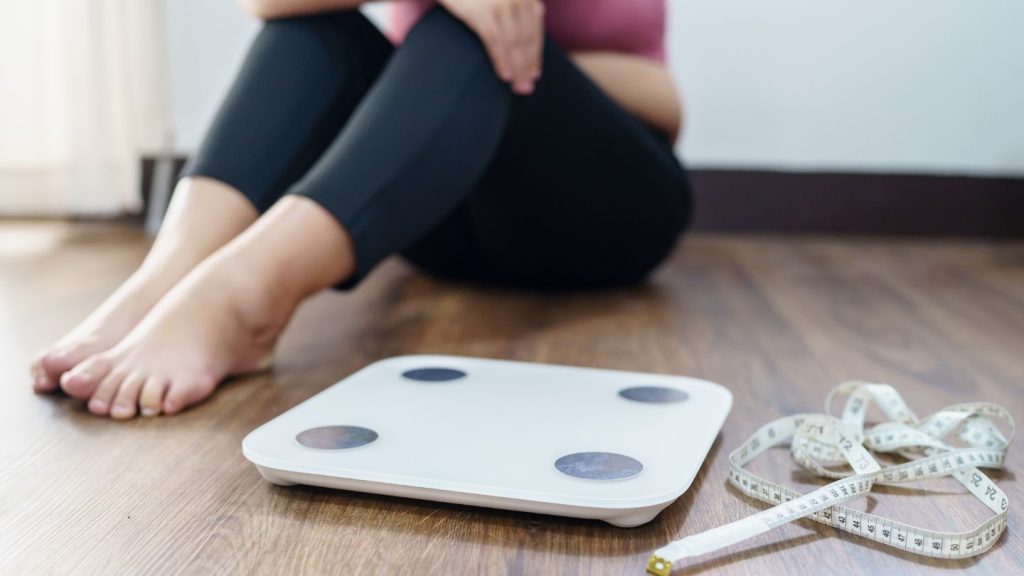
Individuals may find themselves in need of a second bariatric surgery for various reasons, such as experiencing significant weight regain, encountering complications stemming from the initial surgery, or achieving less weight loss than anticipated. Recognizing the appropriate circumstances to contemplate undergoing a subsequent procedure is essential for informed health decision-making.
We will delve into particular situations that could warrant a second bariatric operation in later sections, including substantial re-accumulation of weight after the first procedure, complications arising following surgery, and an unsatisfactory reduction in body weight post-operatively.
Significant Weight Regain
A considerable proportion of individuals who undergo bariatric surgery experience a recurrence of weight gain in the years following their original operation. This trend is frequently noticed among patients undergoing these procedures. While it’s usually acceptable to regain up to 5 pounds, any greater increase in weight may be troubling and could suggest that another procedure might be necessary. The decision to proceed with a second bariatric surgery often depends on factors such as the initial surgical method used, experienced complications, total amount of regained weight, lifestyle routines including diet and exercise habits, and individual personal situations.
In cases where there has been a significant return of weight after the first surgery, options like an Endoscopic Gastric Sleeve Revision are advantageous because they minimize the dangers inherent to more extensive operations. For those encountering post-surgical weight increases after gastric bypass or other forms of bariatric surgeries, evaluating dietary choices and physical activity levels is an essential preliminary measure before considering additional interventions.
Post-Surgery Complications
Severe reflux or persistent nausea are examples of complications that could make revision surgery necessary. Weight regain may lead to the development of a fistula, which is another frequent complication necessitating additional surgical intervention. The risk of complications such as adhesions and infections goes up with each successive abdominal operation, particularly for individuals who have had previous gastric surgeries.
For patients weighing the decision to undergo a second bariatric procedure, it’s important to take into account the potential risks and complications following surgery. After undergoing multiple weight loss surgeries, there’s also an increased possibility of developing nutritional deficiencies that can impact their overall health status.
Inadequate Weight Loss
If the weight loss outcomes from the first surgery are not up to expectations, an individual might contemplate undergoing a second gastric sleeve procedure. In certain cases where individuals encounter significant reflux or have not lost enough weight following their initial gastric sleeve operation, switching to a gastric bypass could be advised. Undergoing multiple surgeries can potentially lead to better health conditions by addressing issues linked with obesity.
Before opting for another round of bariatric surgery as a revision technique, patients are encouraged to attempt shedding any regained pounds through lifestyle modifications like dieting and exercising. For persistent difficulties in managing one’s weight, seeking support from the Weight Loss Center is advisable.
Preparing for Revision Bariatric Surgery
It is crucial to prepare meticulously for a revision bariatric surgery in order to achieve optimal results. A detailed review of the patient’s medical background and psychosocial elements must be conducted before undergoing a second bariatric procedure. This extensive evaluation allows for customization of the preparation plan according to individual requirements, adhering to evidence-based guidelines similar to those employed for an initial bariatric operation.
Medical Evaluation
Extensive medical assessments are necessary to assess the potential risks and suitability of revisional surgery for weight loss. These evaluations serve to uncover any existing health conditions that might pose challenges during the revision procedure. It is vital to examine previous surgical records carefully in order to gain insight into past complications or factors that could impact the upcoming surgery.
Prior to undergoing revisional surgery, patients should discuss various aspects with their physicians, such as preparation requirements, anticipated recovery periods, projected outcomes concerning weight loss, and necessary adjustments in lifestyle post-surgery.
Psychological Assessment
Understanding a patient’s motivation and preparedness for revision surgery is vital, and psychological evaluations play an essential role in this process. These assessments help to ascertain if patients have realistic expectations about the results of their second surgery, which is critical for their psychological readiness. Conducting a behavioral health evaluation can improve the outcomes following revisional surgery by confirming that the patient is mentally stable and willing to follow post-operative instructions.
Evaluating a patient’s emotional readiness before undergoing surgery is imperative because their mental well-being greatly influences both recovery time and compliance with post-surgical care guidelines.
Nutritional Counseling
Before undergoing surgery, it’s essential to evaluate and correct any detrimental eating patterns, as they can greatly influence the outcome of revision weight loss surgery. It is imperative that patients commit to a continuous regimen of vitamin supplementation after their procedure in order to circumvent potential nutritional shortages. Adhering strictly to dietary guidelines post-surgery is crucial for preventing such deficiencies and maintaining excellent health.
At the Weight Loss Center, individuals preparing for revision surgery have access to dietitians and behavioral health experts who provide invaluable nutritional counseling services. This guidance is pivotal in equipping patients for their surgical journey ahead, promoting improved health results overall.
Risks and Benefits of Multiple Bariatric Surgeries

When considering multiple bariatric surgeries, it is crucial to balance the expected benefits with the possible risks. Recognizing that while there are heightened risks with additional procedures, one must also acknowledge their capacity to considerably enhance weight loss and metabolic well-being.
The following subsections will explore in depth both the potential dangers and anticipated advantages of undergoing bariatric surgical interventions.
Potential Risks
Every surgical procedure carries the inherent possibility of complications or outcomes that may not meet expectations. For example, diminished absorption of minerals is a possible risk with gastric bypass surgery. Risks such as infection, bleeding, and leaks in the gastrointestinal tract are specific to undergoing a second gastric bypass surgery.
If one opts for a gastric sleeve revision surgery, especially when faced with issues like gastric reflux, there is an elevated level of risk involved. Before proceeding with any revision surgery or considering another bariatric procedure, such as a second gastric sleeve or bypass operation, it’s imperative to thoroughly assess these potential risks in consultation with your bariatric surgeon.
Expected Benefits
Even though there are inherent risks, a large number of patients report better results following an additional bariatric surgery. A second or third surgical intervention can result in substantial loss of excess weight for these individuals. Compared to the original surgery, revision procedures frequently yield superior long-term outcomes regarding weight reduction.
As a case in point, after switching to gastric bypass surgery, patients typically see about 41.5% average loss of their excess body weight within the initial postoperative year. Such surgeries not only facilitate considerable metabolic health enhancement but also help resolve comorbidities associated with obesity—thereby enhancing overall life quality.
Long-Term Success After Revision Surgery

Securing long-term triumph following a revision surgery is contingent upon an unwavering adherence to lifestyle alterations that promote health, encompassing both a nutritious diet and consistent engagement in physical activity. To preserve the benefits of weight loss, one must perpetually commit to these modifications while also actively engaging in regular support groups to bolster motivation.
Subsequent sections will delve into the significance of complying with guidelines after the operation and examine how continual support and follow-up are pivotal for sustaining success over an extended period.
Adherence to Post-Operative Guidelines
It is essential for patients to follow post-operative guidelines diligently in order to realize the best possible outcomes regarding weight loss. Those who make it a point to keep their follow-up appointments regularly often experience more favorable results in losing weight. Adhering closely to advised dietary practices and engaging consistently in physical activity are key elements of care after surgery that can greatly influence success over the long term.
Compliance with vitamin supplementation schedules and additional post-surgical instructions can play a critical role in averting nutritional deficits and various other complications. To secure their health following surgery, patients should engage actively with their healthcare providers, ensuring they adhere strictly to all suggested care protocols.
Ongoing Support and Follow-Up
Consistently attending follow-up appointments is essential for detecting and addressing any possible nutritional shortfalls that may arise following the procedure. Involvement in support groups can also boost determination and a sense of responsibility in individuals recuperating from bariatric surgery. Those who join such groups frequently experience enhanced emotional strength and more successful weight control after their operation.
Continuous assistance combined with regular check-ins are key elements for enduring success in losing weight post-bariatric surgery. The significant contributions of steadfast follow-up consultations and participation in support networks are integral to preserving the triumphs of weight reduction after surgical intervention.
Final Thoughts
Undergoing bariatric surgery for a second time can be a viable option for individuals facing weight regain or complications from their initial procedure. However, it requires careful consideration, thorough evaluations, and a commitment to lifestyle changes to ensure long-term success. Revision surgeries, such as gastric sleeve revision or conversion to gastric bypass, can be effective solutions when tailored to the patient’s unique needs. It’s vital to weigh the risks and benefits and seek guidance from experienced professionals to achieve optimal health outcomes.
At Lenox Hill Bariatric Surgery Program, we specialize in helping patients navigate their weight loss journey, whether it’s their first bariatric procedure or a revision surgery. Our team provides personalized care, including advanced surgical options and ongoing support to help you achieve lasting results. If you’re considering bariatric in NY, take the first step toward a healthier future with us. Let us guide you through every step of the process and support your long-term success.
Frequently Asked Questions
Is it possible to have a gastric bypass twice?
Yes, it is possible to have gastric bypass twice through revisional bariatric surgery, which addresses issues such as insufficient weight loss or complications from the initial procedure.
What non-surgical options are available for weight loss after bariatric surgery?
After undergoing bariatric surgery, individuals have nonsurgical alternatives for continued weight loss that incorporate endoscopic techniques like Endoscopic Sleeve Gastroplasty (ESG) as well as lifestyle changes, which consist of modifying their diet and engaging in consistent physical activity.
Such strategies are instrumental in addressing issues of weight regain and ensuring ongoing success in weight reduction.
How can I ensure long-term success after revision surgery?
It is critical to follow post-operative instructions, such as adhering to prescribed dietary plans and engaging in consistent physical activity, for enduring success following revision surgery.
Involvement in support groups and keeping up with scheduled follow-up appointments can facilitate ongoing weight loss and enhance overall health.
